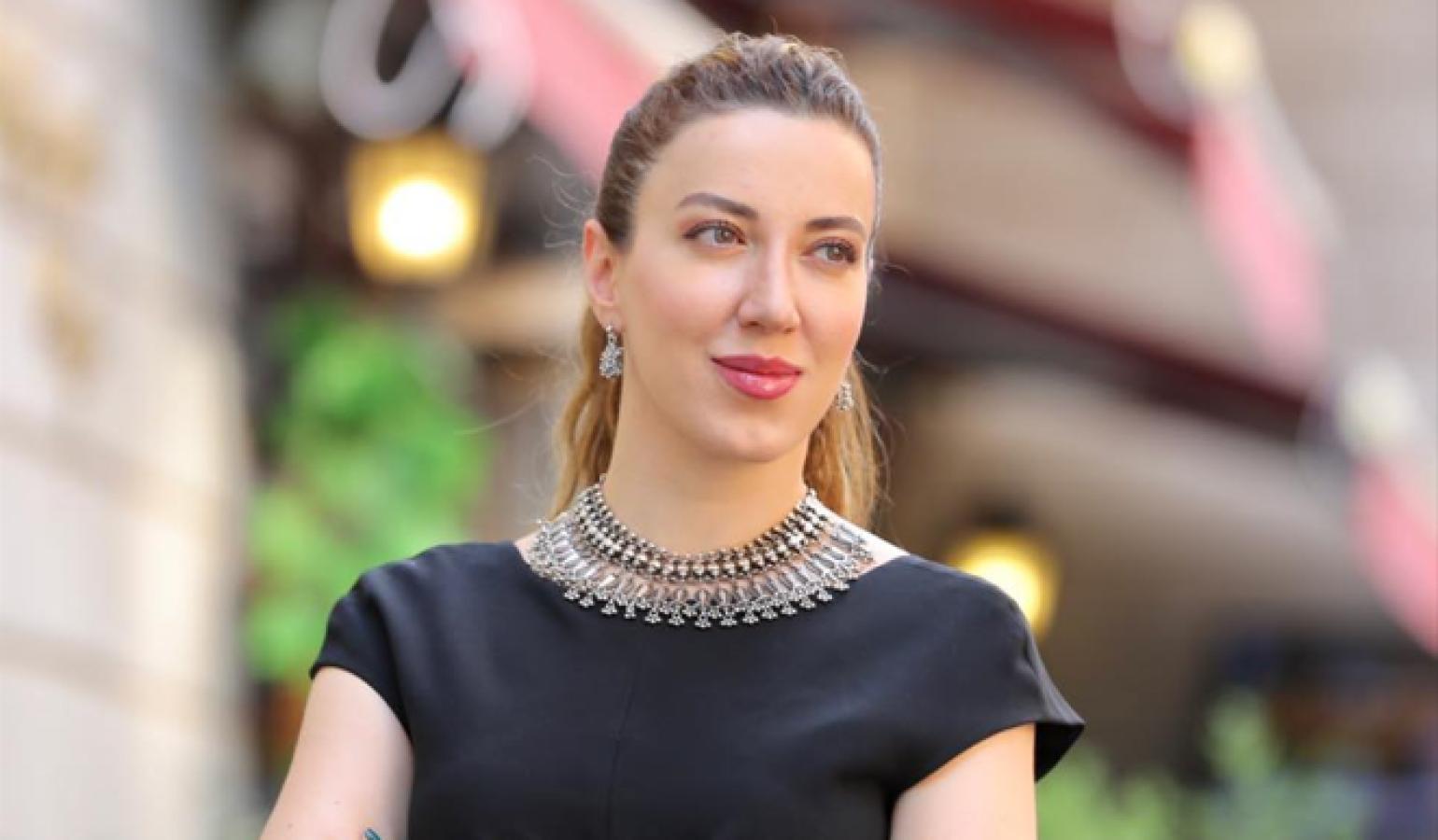
"Azerbaijan is targeting people who have contributed to the establishment of Artsakh statehood through their activities," said Siranush Sahakyan, head of the International and Comparative Law Center, on the "Agenda" program of "Oragir.News."
"We see a process of retaliation in Azerbaijan's actions, and most importantly, the courts are not guided by principles specific to courts and have turned into mere instances that ratify political decisions. This is a general problem in Azerbaijan and it will be most pronounced in cases involving Armenians," said Siranush Sahakyan, once again emphasizing the fact that judicial outcomes are predetermined.
The schedule of trials of Armenian hostages is quite dense, taking place every few days. Sahakyan considers the tendency to organize intensive and rapid judicial processes noticeable.
“We have always seen connections between Azerbaijani judicial processes and political negotiations. One solution is that, yes, they want to present a judicial act quickly, the other is that since there are ongoing negotiations, these cases are used to influence the negotiations.”
Azerbaijani media reported the day before that petitions had been filed with the court to replace detention with house arrest. The journalist wondered what the goal was and whether it would be achieved. The human rights defender believes that this could be a tactical move.
“Azerbaijani court processes are being prepared in the presidential administration itself, and when the already planned actions are completed, the judges find themselves in limbo and have to take time to align their future practices with the Aliyev regime.”
The human rights defender also points out the political messages of this petition.
“None of the Armenian hostages have a place of residence in Baku, an important prerequisite for the application of house arrest is to have a permanent place of residence, an address. We know that they had a place of residence in Artsakh and when a petition is submitted regarding house arrest, they reaffirm here that Artsakh is the territory of Azerbaijan and the mentioned persons have a place of residence in Azerbaijan and theoretically, house arrest could become a subject of discussion as a preventive measure. I consider the choice of this preventive measure very unlikely and I think that this is purely a political goal,” said Sahakyan.
Referring to the separation of Ruben Vardanyan's case, Siranush Sahakyan notes that the same evidence that is the basis for the trials of the other 15 individuals is also the basis for Ruben Vardanyan's trial.
"Accusations are formulated within the framework of the same evidence, therefore there are no legal grounds for separating them, but in any case, politically they considered it convenient to separate these processes."
During the interview, the human rights defender also answered questions regarding Yerevan's approach to the process. Siranush Sahakyan does not share the two extreme opinions that have emerged, one that Armenia is doing nothing, the other that everything is being done on a daily basis.
“First, the legal team has done a lot of work, and that work is also aimed at the release of the military-political leadership, their illegal arrests, detentions, and allegations of ill-treatment of them, which are the subject of legal cases both in the ECHR and in the UN International Court of Justice.
"In general, we have a negative assessment of the political work being done towards the release. Here, public messages or words are being used that harm political processes, and also contain the potential to harm legal processes, and I believe that diplomatic efforts have not been fully utilized."